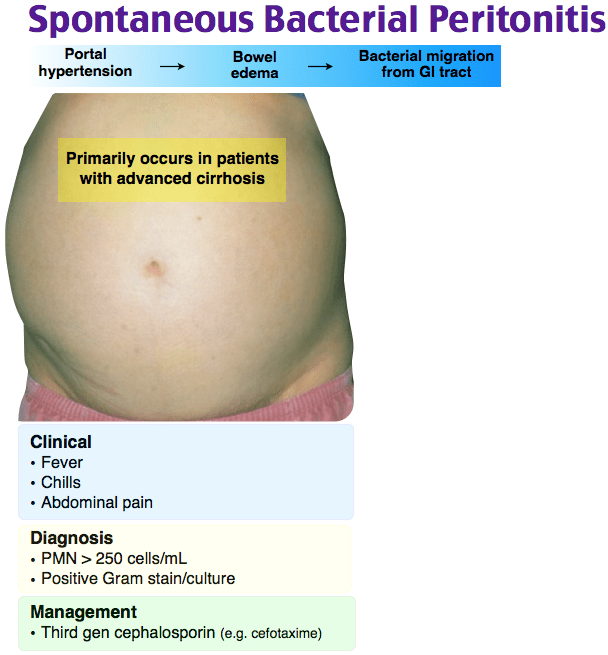The nurse suspects the client's dose of levothyroxine (Synthroid) is too low when the client displays which symptom?
Tachycardia
Intolerance to cold
Weight loss
Fine tremors of fingers and hands
The Correct Answer is B
Choice A reason: Tachycardia, or rapid heart rate, is typically a symptom of an overdose of levothyroxine, not an underdose.
Choice B reason: Intolerance to cold is a common symptom of hypothyroidism, which occurs when the thyroid hormone levels are too low, indicating that the levothyroxine dose may be insufficient.
Choice C reason: Weight loss is more commonly associated with hyperthyroidism or an excessive dose of levothyroxine.
Choice D reason: Fine tremors of fingers and hands are also more indicative of hyperthyroidism or too high a dose of levothyroxine.
Nursing Test Bank
Naxlex Comprehensive Predictor Exams
Related Questions
Correct Answer is C
Explanation
Choice A reason: The ABG values provided are within normal limits and do not indicate a complication of sepsis.
Choice B reason: A temperature of 100.8°F suggests an infection but is not specific enough to indicate a complication of sepsis.
Choice C reason: A platelet count of 99,000/mm3 is below the normal range and can indicate a complication of sepsis known as disseminated intravascular coagulation (DIC), which is a serious condition that can lead to severe bleeding or blood clots.
Choice D reason: A urine culture positive for gram-negative bacteria indicates an infection, which could be the source of sepsis, but it does not specifically indicate a complication of sepsis.
Correct Answer is B
Explanation
Choice A reason: Petechiae are small red or purple spots caused by bleeding into the skin, typically associated with platelet disorders, and are not a direct indicator of SBP.
Choice B reason: Increased abdominal pain is a common symptom of SBP, as the condition causes inflammation and irritation of the peritoneum, which can lead to significant discomfort.
Choice C reason: Jaundice is a sign of liver dysfunction but is not specific to SBP. It results from high levels of bilirubin in the blood and can occur in various liver diseases.
Choice D reason: Blood in emesis (vomiting) may indicate gastrointestinal bleeding, which can be a complication of cirrhosis but is not specific to SBP.

Whether you are a student looking to ace your exams or a practicing nurse seeking to enhance your expertise , our nursing education contents will empower you with the confidence and competence to make a difference in the lives of patients and become a respected leader in the healthcare field.
Visit Naxlex, invest in your future and unlock endless possibilities with our unparalleled nursing education contents today
Report Wrong Answer on the Current Question
Do you disagree with the answer? If yes, what is your expected answer? Explain.
Kindly be descriptive with the issue you are facing.
